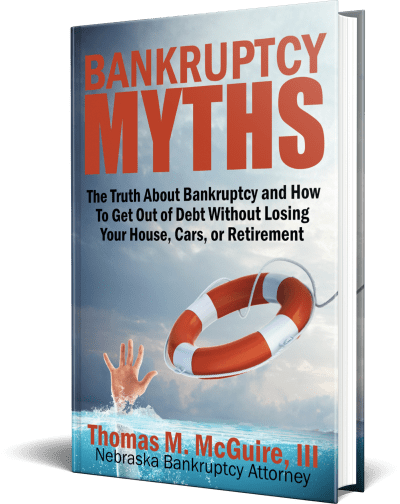Bankruptcy is a legal process that provides relief to individuals and businesses that are unable to pay their debts. One of the fundamental features of bankruptcy is the “automatic stay,” which is a powerful tool designed to give debtors breathing room from their creditors. But what exactly is this automatic stay, and how does it affect both debtors and creditors?
What is the Automatic Stay?
When a person or business files for bankruptcy, an injunction known as the “automatic stay” immediately comes into effect. This injunction stops most collection activities against the debtor, including:
- Lawsuits
- Foreclosures
- Evictions
- Garnishments
- Collection calls and letters
The automatic stay is termed “automatic” because it takes effect without the need for any additional court action. As soon as the bankruptcy petition is filed, the stay is in place.
The Purpose of the Automatic Stay
The primary purpose of the automatic stay is to give the debtor a break from the stress of dealing with creditors and to create an organized framework where all debts can be addressed. The stay ensures that all creditors are treated fairly and that none of them can jump ahead of the line to collect what they’re owed.
For debtors, the stay can offer emotional relief. The persistent collection calls stop, and they are given a chance to reorganize their financial life. For creditors, while the stay temporarily stops their collection efforts, it ensures that the bankruptcy process is orderly and that assets are distributed equitably.
Exceptions to the Automatic Stay
While the automatic stay is broad in scope, there are exceptions:
- Child Support and Alimony: Efforts to collect child support or alimony are not stopped by the automatic stay.
- Criminal Proceedings: The automatic stay doesn’t stop criminal prosecutions.
- Certain Tax Proceedings: The IRS can still audit, issue tax deficiency notices, and demand tax returns, but it can’t issue tax liens or seize assets during the stay.
- Loans from Pensions: If you borrowed from your pension, efforts to collect on that loan might not be stopped by the automatic stay.
Lifting the Automatic Stay
In certain situations, a creditor may petition the bankruptcy court to “lift” or “modify” the automatic stay. If granted, this would allow the creditor to proceed with collection actions against the debtor or the property of the estate. Common reasons for seeking relief from the stay include:
- The debtor is not making ongoing mortgage or car payments.
- The creditor’s interest in a property is not adequately protected (for example, if the property is not insured).
- The property in question is losing value and not necessary for the debtor’s reorganization.
Conclusion
The automatic stay is a cornerstone of the bankruptcy process, providing critical protection for debtors while ensuring fairness and order for creditors. Both debtors and creditors should have a thorough understanding of the automatic stay, its benefits, its limits, and the circumstances under which it can be modified. Always consult with a qualified bankruptcy attorney in Nebraska if you have questions about your specific situation.



